At a time when their skills are more necessary than ever, doctors are forced to face up to long working hours, stress and pressure as part of the job. On Doctor’s Day, three medical professionals tell us how they turned to hobbies to keep the stress away
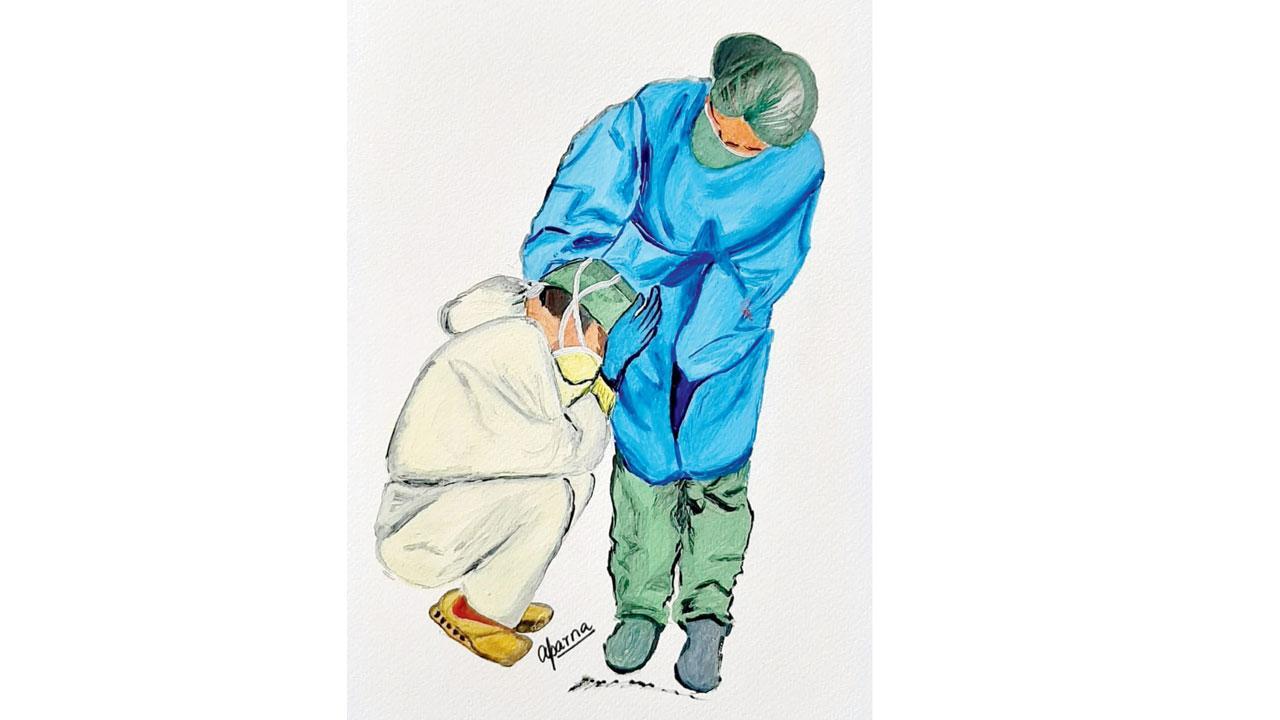
Artworks by Dr Govil Bhasker
The last two years were a reminder of the dedication and risks which healthcare professionals experience to deliver for their patients. From long working hours, wearing uncomfortable PPE (Personal Protective Equipment) and pushing through fatigue to lack of infrastructure, their paths were fraught with challenges. Add to this the difficulty of self-care and lack of facilities; it is easy to understand why medicine is a stressful profession. But it does not always have to be so. On Doctor’s Day, three medical professionals reveal how they overcome this professional hazard by honing their passions and interests.
Finding an alternate
Dr Debraj Shome, senior cosmetic surgeon and director, The Esthetic Clinics
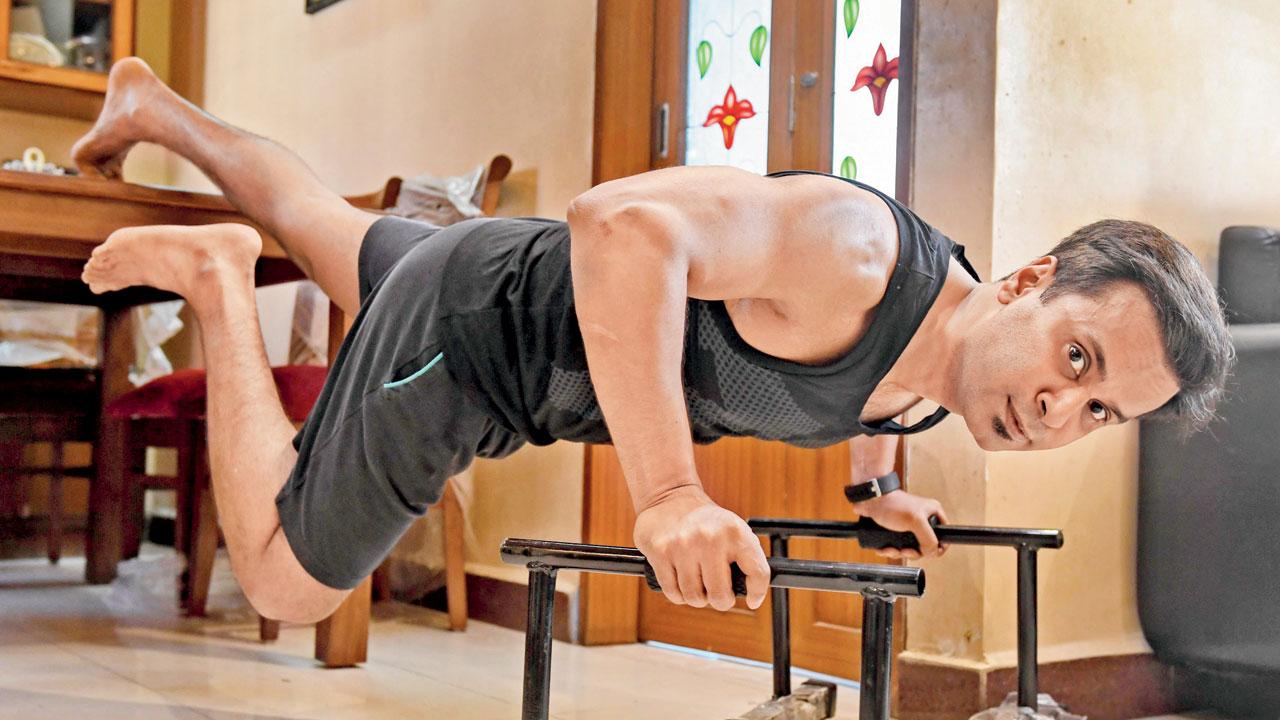
For Dr Shome, fitness was a lifestyle rather than a trend. An athlete since his days as a medical student, he often took to exercising as a way to let off steam. It is also a professional requirement, he tells us. “I need the ability to stand for an eight-hour surgery when needed, and have the mobility to move as required,” he explains. With gyms shut in the pandemic, Shome resorted to a simpler and basic way to burn his stress. “I realized that body weight exercises and calisthenics — like planches, pull-ups and push-ups work just as well. You do not need much for a good workout,” he claims. With a few rings and bars, Shome managed to create a calisthenics routine to stay fit. “Exercise as a repetitive activity forces you to engage your mind really hard. So you stop thinking about the peripheral activities which crowd your thoughts. It is relaxing and releases endorphins like dopamine into the brain,” he elaborates.
Canvas therapy
Dr Aparna Govil Bhasker, consultant bariatric and laparoscopic surgeon, Saifee and Spectra Hospitals
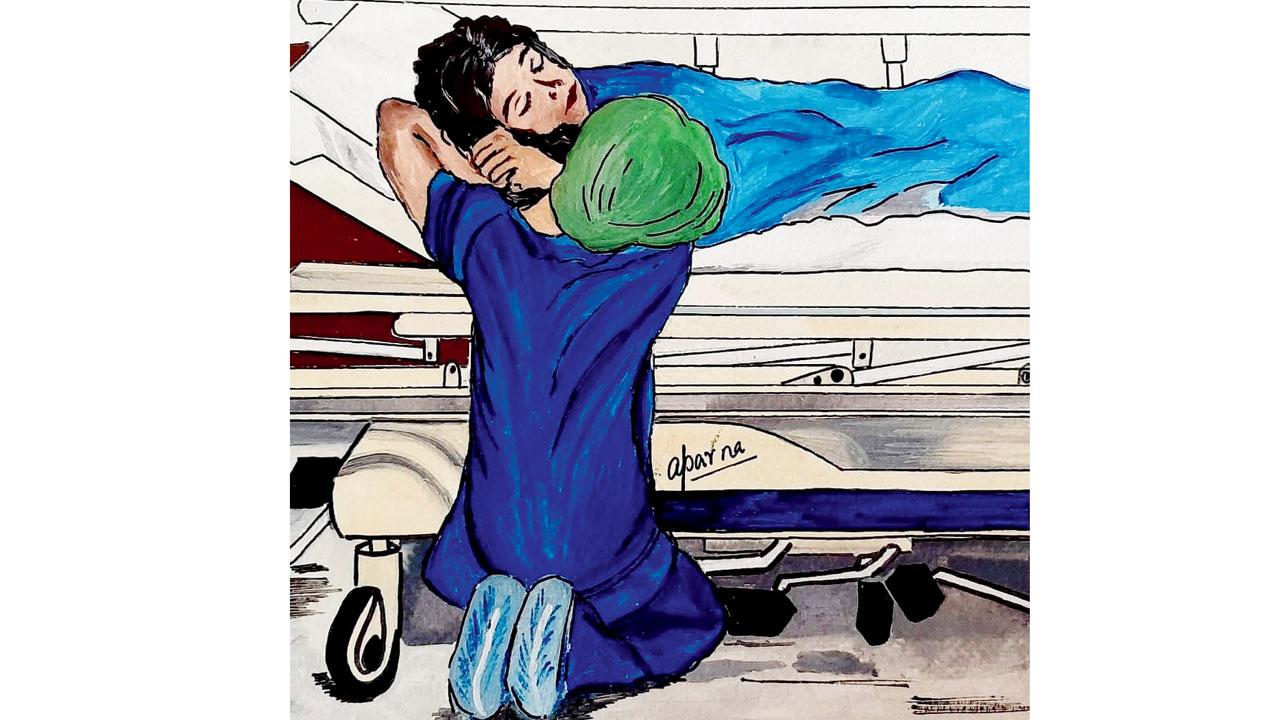
“All professions are to some extent stressful. But medicine is on a different level,” Dr Govil Bhasker tells us. Despite not being on the frontlines of the pandemic, the surgeon was witness to the struggles and pressures of her colleagues as well as many families. “One of our jobs is to also reassure families of patients when things are not going their way. This can be a huge burden to carry sometimes. We are human after all,” she reminds us. To express her emotions, the doctor turned to the canvas. It was a childhood hobby that she returned to in the last five years.
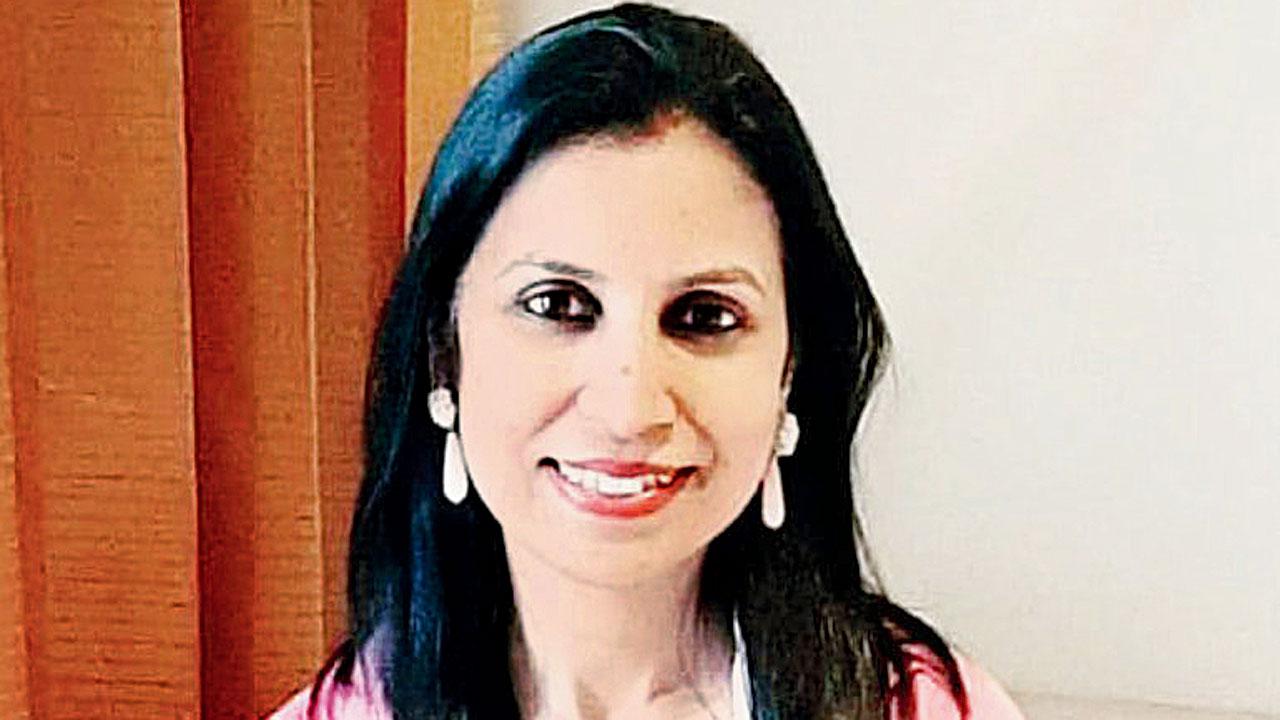
She tells us, “In medical school, you don’t get time to cultivate these hobbies.” But it was the pandemic that truly pushed her to paint as an outlet. Her sketches capture life within the hospital wards through the perspective of a medical professional. “I always enjoyed the colours and the process of creating something. Some people write; I paint,” she adds. As a practice, she highly recommends doing something unrelated to your profession to let off steam. “It will help you relax and refocus at work,” she says.
Ties that heal
Dr Vikrant Shah, consulting physician and infectious disease specialist, Zen Multi-specialty Hospital
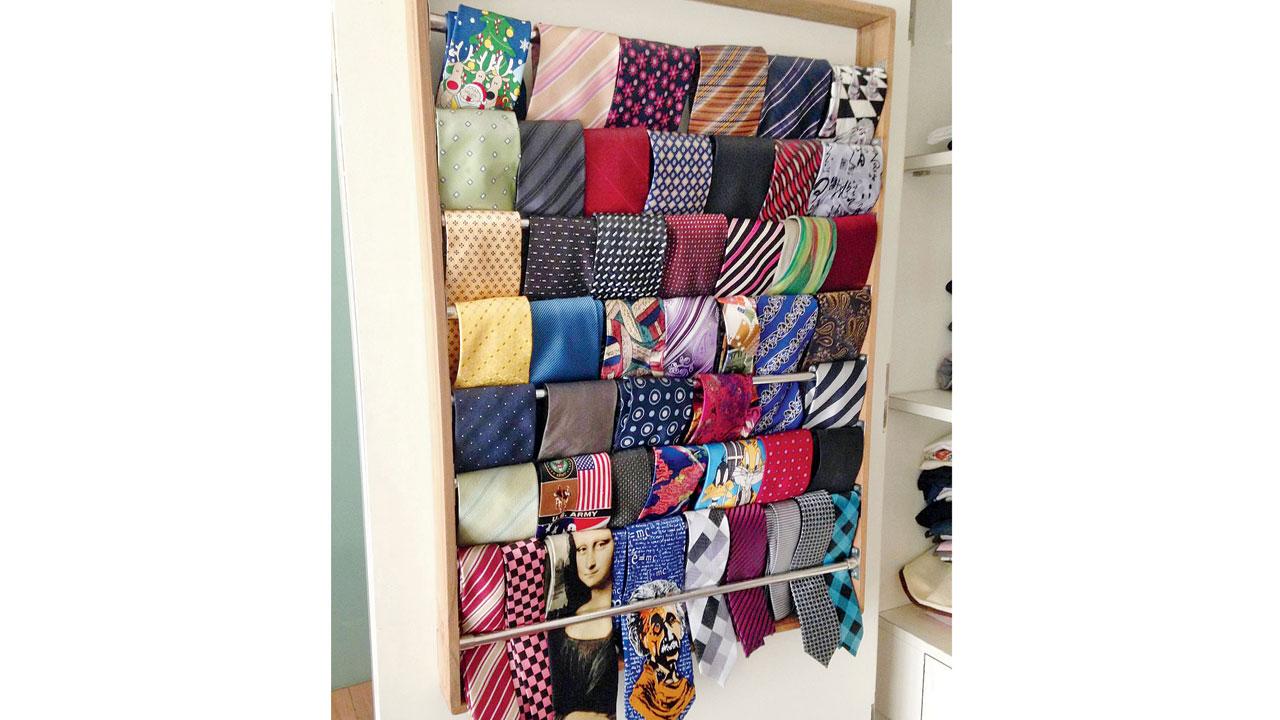
For Dr Shah, the frontline was home during the pandemic. As an infectious disease specialist, he admits that the pandemic was something you could not predict. Yet, through it all, Shah admits that sometimes one needs to take out time. “It is important for everyone to have a hobby.” Dr Shah’s hobby is collecting ties. What started as an effort to look presentable soon blossomed into a collection of 200 ties (left) from all over the world. “It became a ritual with me that the tie would come before the rest of my outfit. I would select the shirts to match,” he laughs.
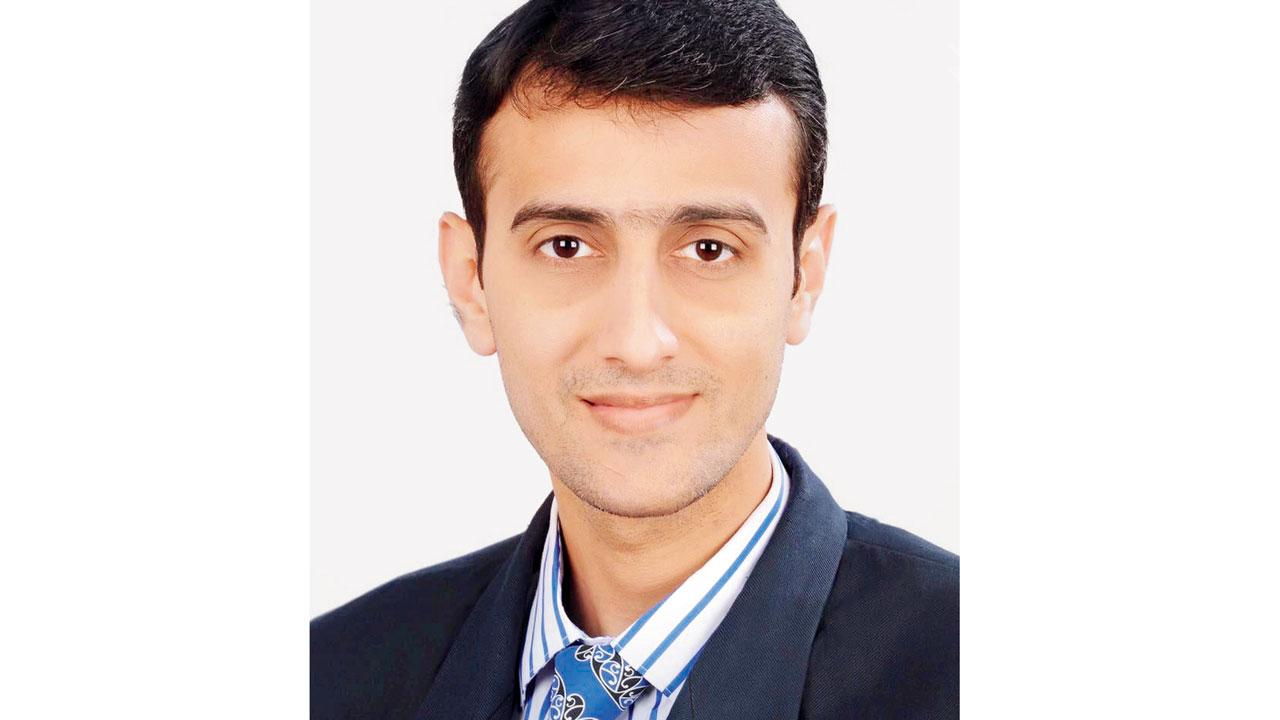
The ties were a part of his efforts to add personality to brighten up and infuse optimism into dark days. Not everyone needs to start collecting ties, he tells us, “It is my unique hobby.” In addition, Dr Shah shares a penchant for cycling and swimming. Exercise, he says, is essential to battle stress. “Unless you are physically fit, you cannot be mentally fit,” he reminds us. He suggests taking time out from work to travel, discover new places or to cultivate a hobby. Above all, Shah suggests keeping one’s mind open to the bigger picture. “The key is to keep learning new things,” he recommends.
 Subscribe today by clicking the link and stay updated with the latest news!" Click here!
Subscribe today by clicking the link and stay updated with the latest news!" Click here!










